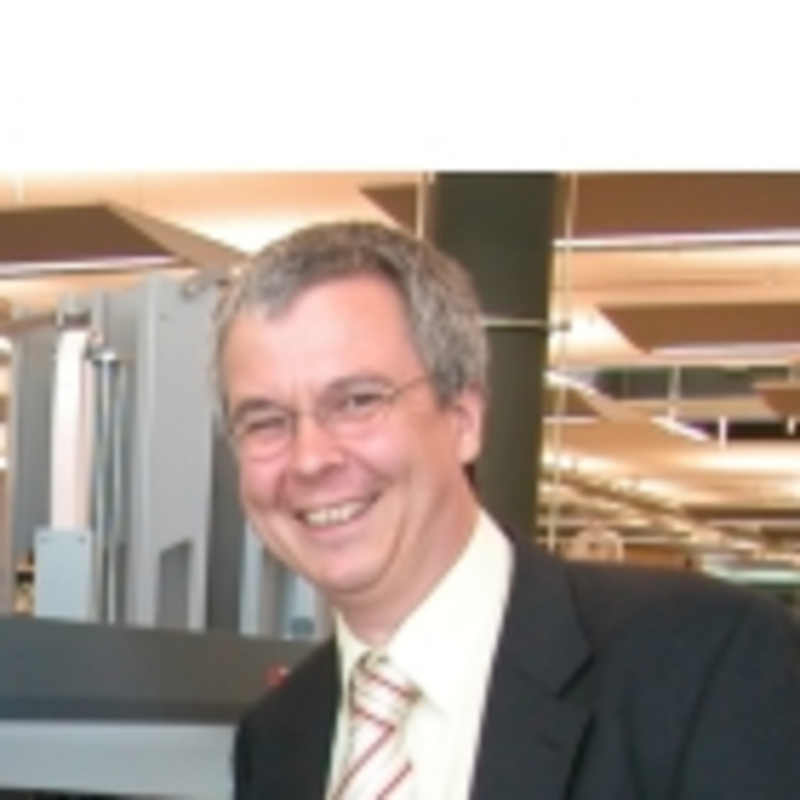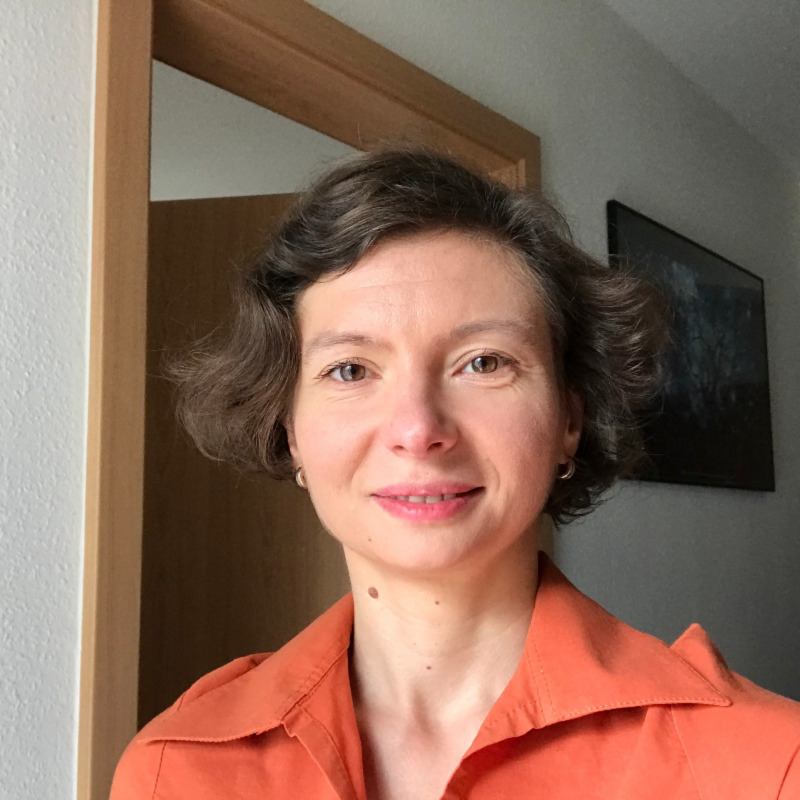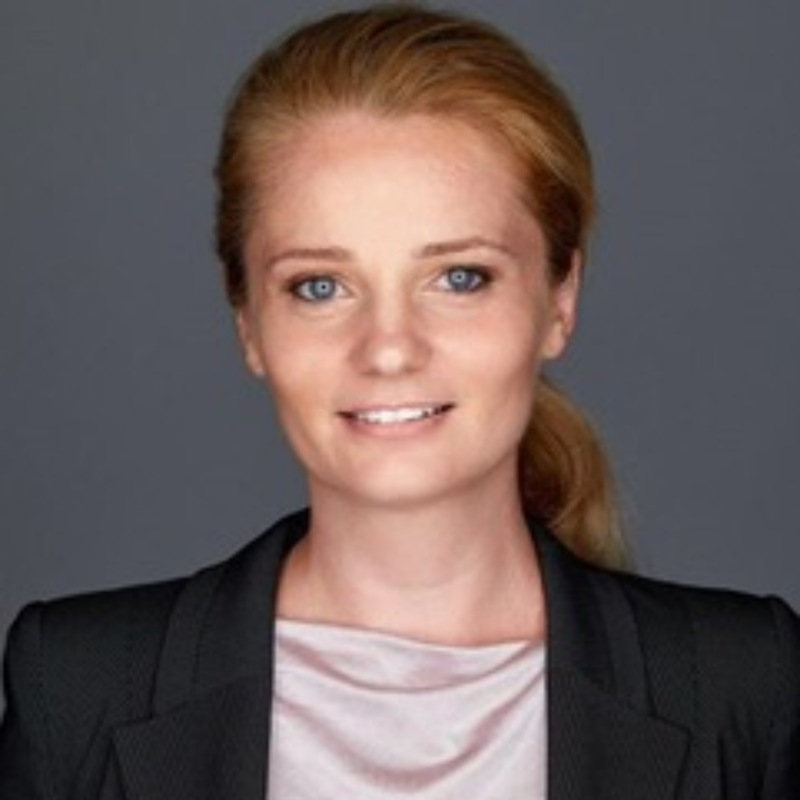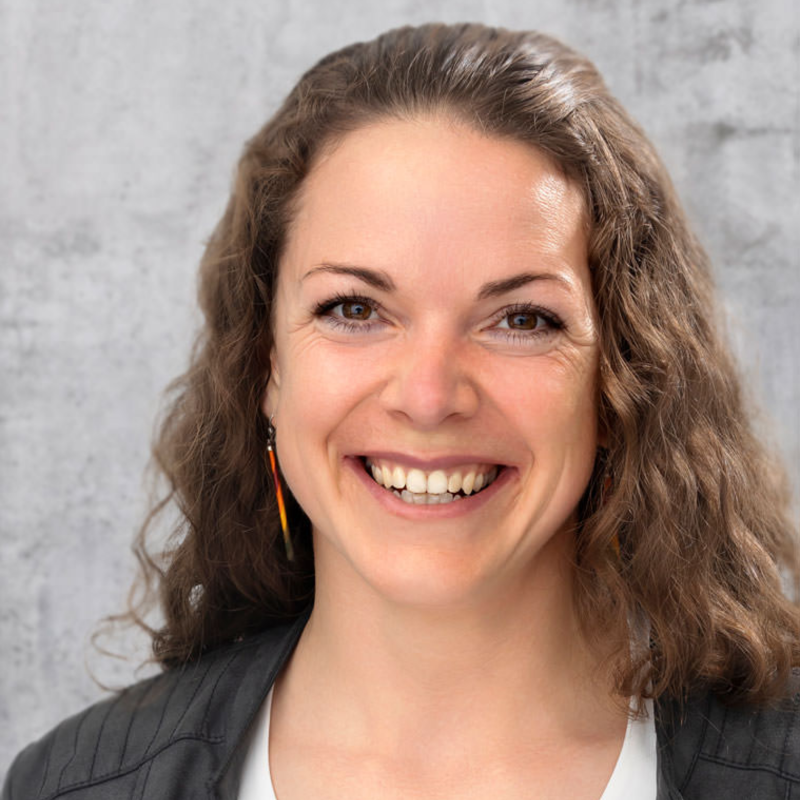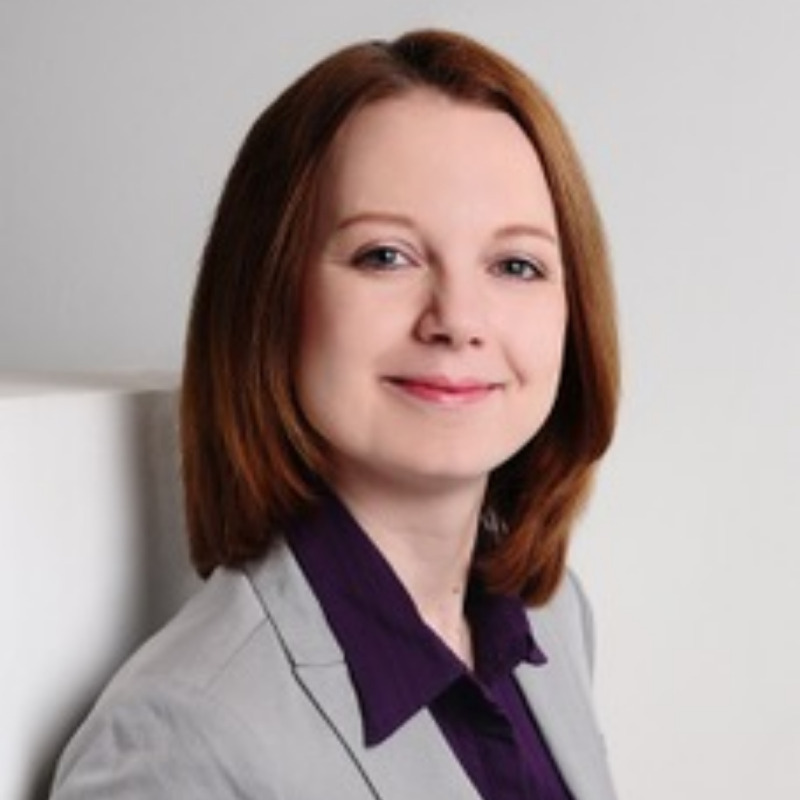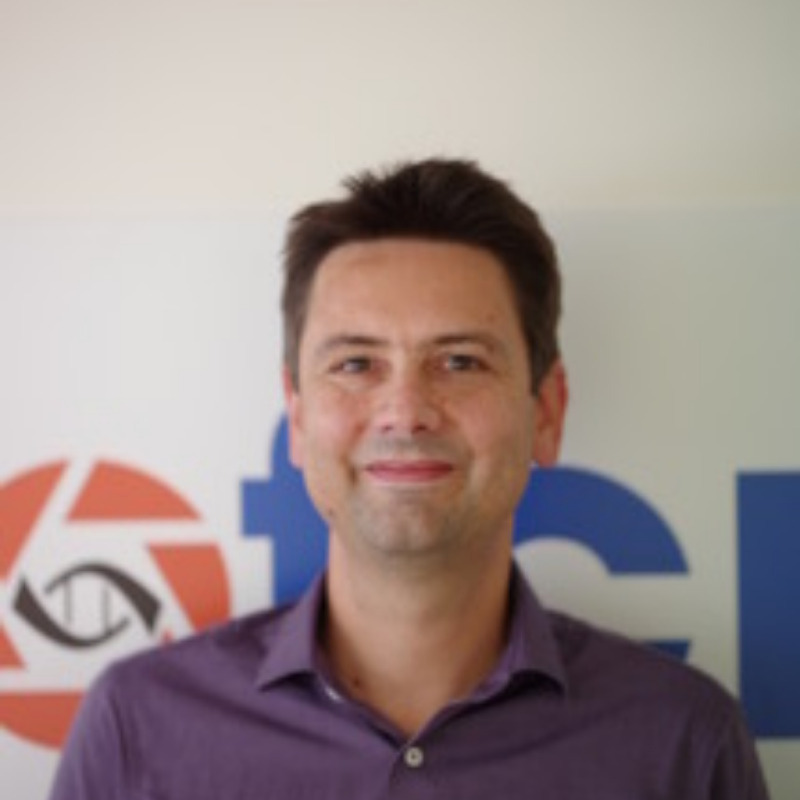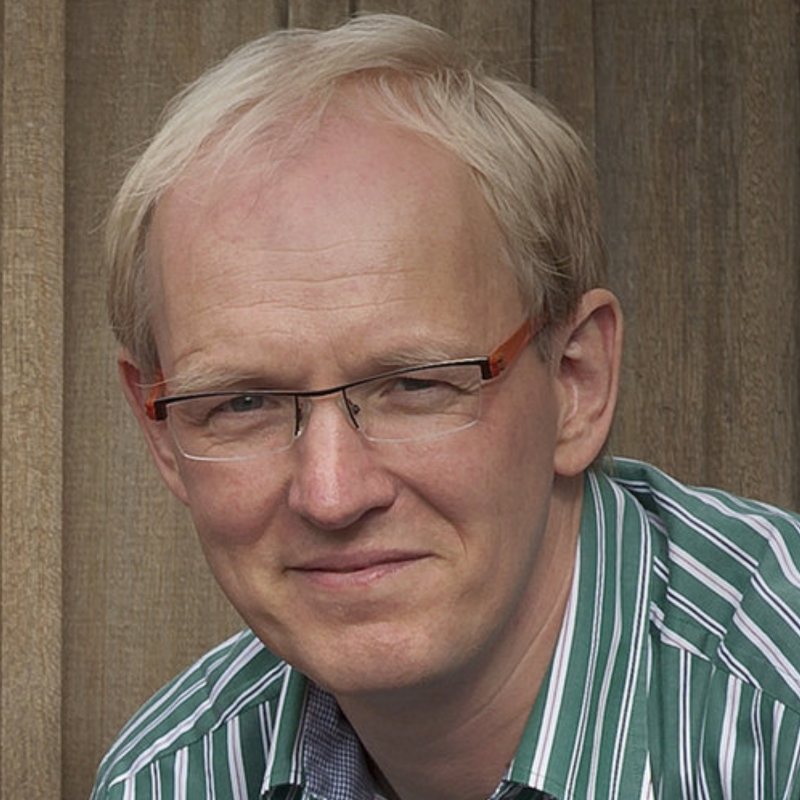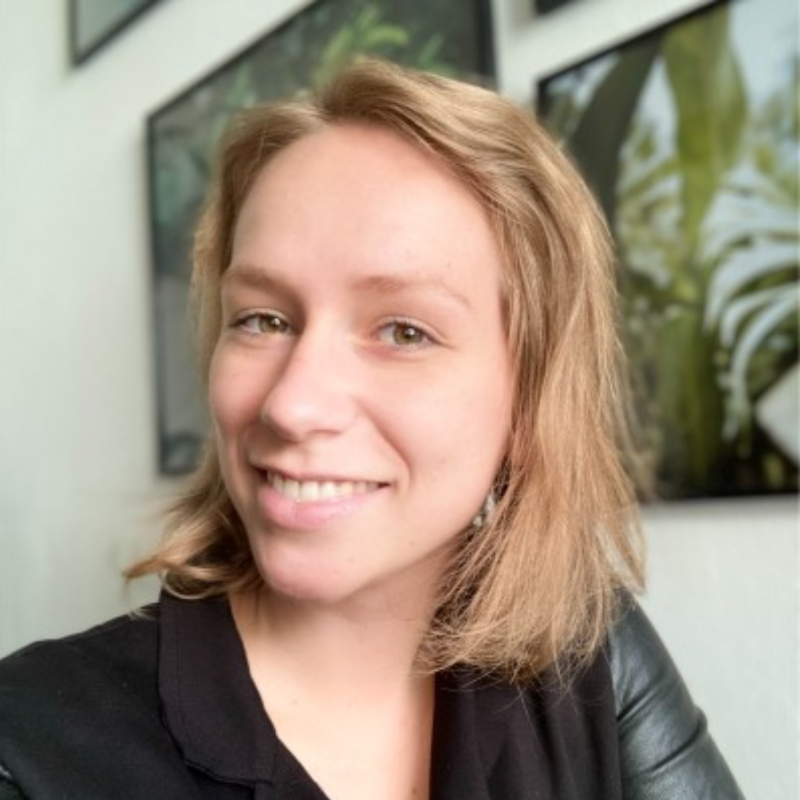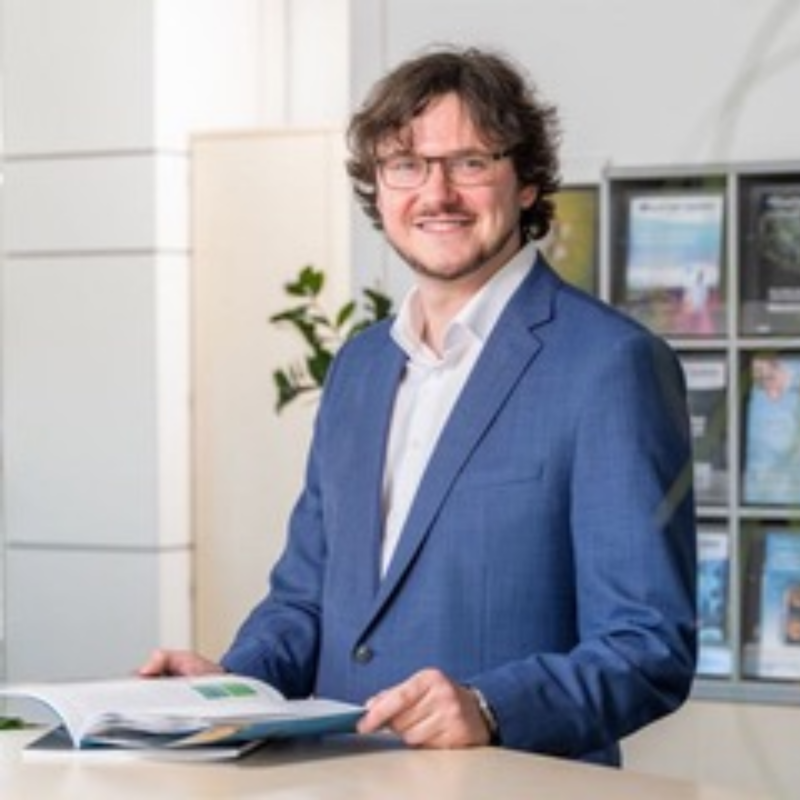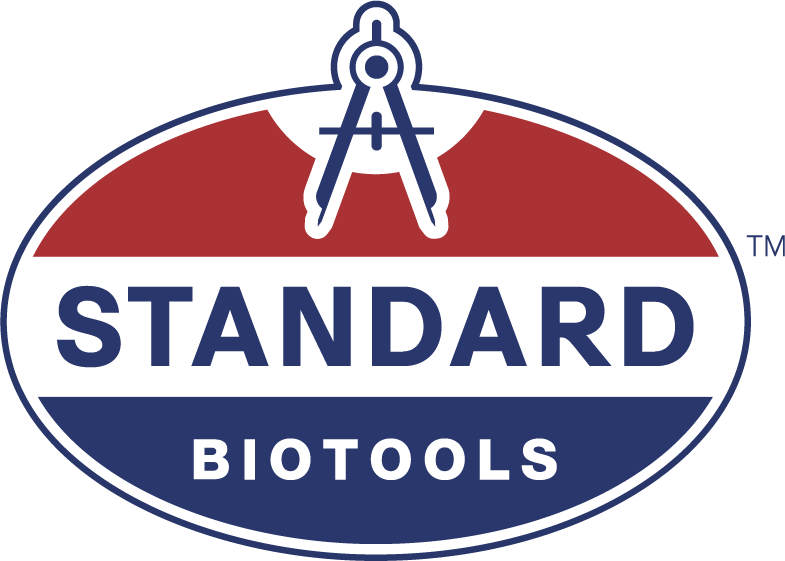Disentangling human tumor-unique immune alterations from non-malignant tissue inflammation
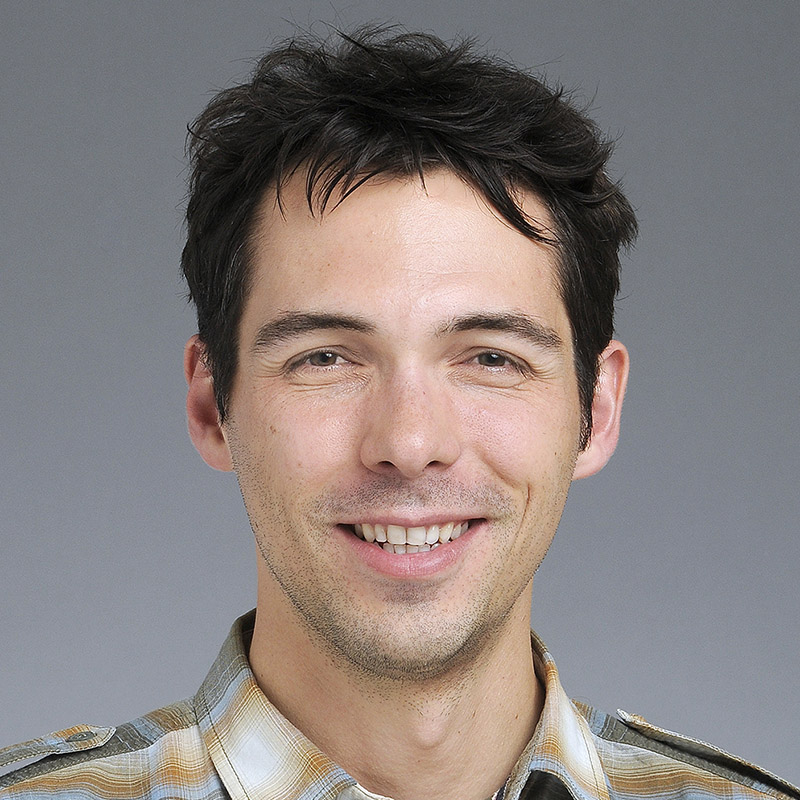
Abstract
Disentangling human tumor-unique immune alterations from non-malignant tissue inflammation
Anti-tumor immunotherapies have achieved remarkable successes in the treatment of cancer, but major challenges remain. An inherent weakness of current treatment approaches is that the therapeutically targeted pathways are not restricted to tumours, but are also found in other tissue microenvironments.
Despite great efforts to define inflammatory processes in the tumour microenvironment, our understanding of tumour-unique immune alterations is limited by a knowledge gap regarding the immune cell function in inflamed human tissues. Here, in an effort to identify such tumour-enriched immune alterations, we used complementary single-cell analysis approaches to interrogate the immune infiltrate in human head and neck squamous cell carcinomas and site-matched non-malignant, inflamed tissues.
Our analysis revealed a large overlap in the composition and phenotype of immune cells in tumour and inflamed tissues. Computational analysis identified tumour-enriched immune cell interactions, one of which yields a large population of regulatory T cells (Tregs) that is highly enriched in the tumour and uniquely identified among all haematopoietically-derived cells in blood and tissue by co-expression of ICOS and IL-1 receptor type 1 (IL-1R1). We provide evidence that these intratumoural IL-1R1+ Treg cells had responded to antigen recently and demonstrate that they are clonally expanded with superior suppressive function compared with IL-1R1- Treg cells.
Overall, our work highlights how combining several single-cell techniques with subsequent validation experiments can provide critical new insight into the function of immune cells in human tissues.

